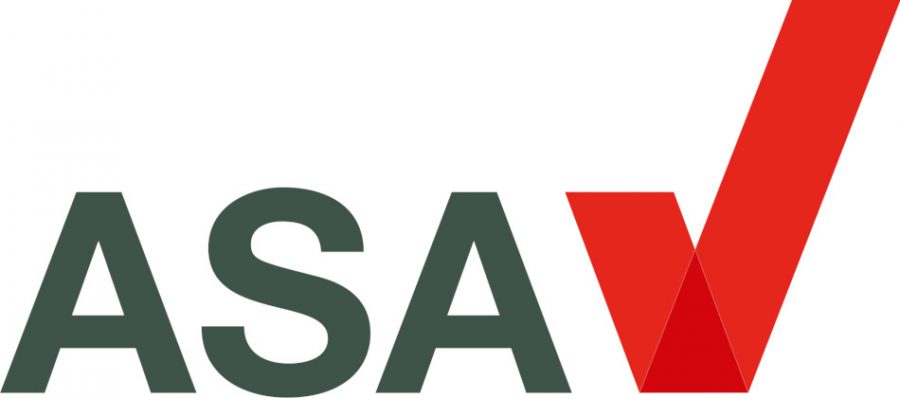Monopoly Casino Game Advert Banned By ASA For Appealing To Children

An advert for a Monopoly casino game has been banned by the ASA due to its appeal to children.
The advert featured the board game’s mascot Rich Uncle Pennybags and appeared on The Mirror Online but was banned by the Advertising Standards Authority (ASA) after the organisation found that the advertisement may appeal to young people, breaching its code.
According to The Guardian, the ASA informed Entertaining Play, the firm behind the casino game, that the advertisement must not appear again. Although Monopoly Casino insisted that the game wasn’t targeted at children, the ASA stated that children would recognise the mascot due to Monopoly’s status as a family game.
Entertaining Play then argued that the mascot was dressed in adult attire and didn’t “possess exaggerated features” or mimic art styles of cartoon characters seen in current children’s programming. They also said that the ad didn’t use “garish” colours and did not “draw inspiration from youth culture”.
Meanwhile, The Mirror Online said it didn’t believe the advertisement would appeal to children before stating that the ad features an 18+ label. However, the ASA said there was no way to prevent underage people from seeing the advertisement before stating that the use of the mascot and the Monopoly logo would make it more likely to appeal to underage people than those over 18.
Banned Gambling Advertisements
The news comes after the Advertising Standards Authority (ASA) banned an additional two adverts. A Paddy Power advert featuring Rhodri Giggs, the brother of former Manchester United player Ryan Giggs, was banned for “glamorising” gambling.
The advert in question depicted Giggs going to the same gym and pub while boasting about his loyalty before showing him ordering champagne over his usual drink and then driving off in a sports car while thanking the bookmaker. The ASA received five complaints which argued the ad was irresponsible for suggesting that gambling was a way to make a living.
The firm concluded that the ad, which aired three months ago on television, was irresponsible and prohibited the bookmaker from showing it.